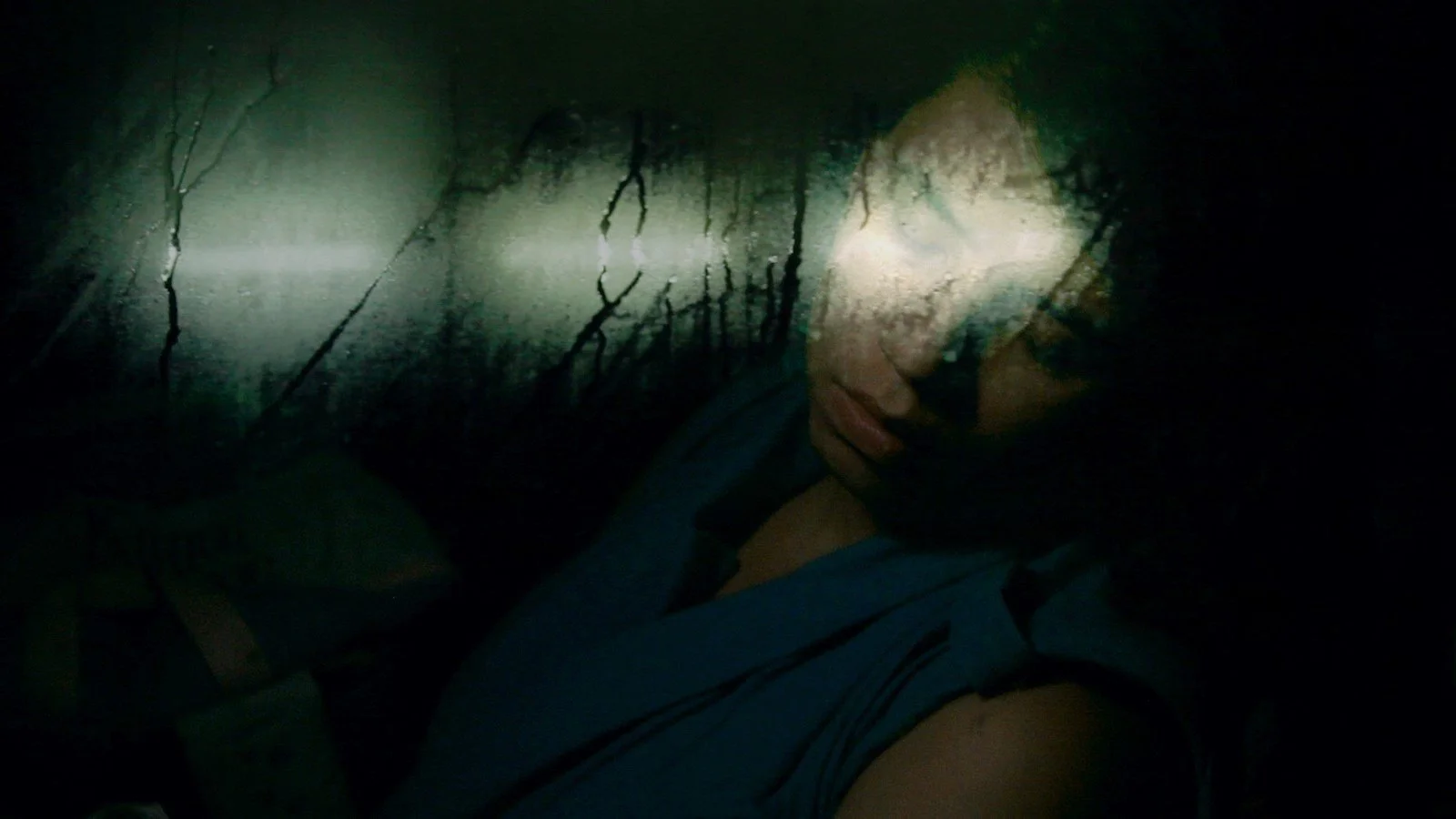Tempestad
Social comment of note from Mexico in a film let down by its structure.
Tatiana Huezo’s film Tempestad is, in effect, a film with three stories to tell. Two of these are personal, told in their own words (for this is a documentary) by Miriam Carbajal and Adela Alvarado. We start with Miriam who describes her relief on being released from a jail in the north of Mexico due to lack of evidence. She is now free to travel home and the film takes us on a comparable cross-country journey accompanied by a voice over from her during which she reveals how she had ended up in prison in the first place.
The first quarter of Tempestad has Miriam as its focus and works splendidly as an unusual form of documentary. The vital facts emerge from what Miriam tells us: she had been working in passport control and was suddenly accused of being a part of a group guilty of organised crime in the form of people trafficking. Subsequently she heard that the Federal Investigation Agency had made the claim to bolster their record of getting results and from personal experience she tells of her life in a self-governing prison in Matamoros which in practice was run by a cartel ready to torture inmates and to demand protection money from their families.
What makes Tempestad unorthodox is the fact that Miriam is not seen but tells her story as she might have done on the radio. However, the experience is cinematic because what she says is accompanied by representative images that both atmospherically and socially complement her story, as when the journey portrayed involves questioning at a roadblock. Ernesto Pardo provides very effective images and Huezo adds to the impact through the soundtrack, be it natural sounds or a limited well-judged use of music.
But what Tempestad fails to do is to find a satisfactory shape. When, after quite some time, a new voice-over narrative begins, it does so without any preparation. This is the story told by a circus clown, Adela, who is seen in person but, as the two narratives intertwine distractingly, we are kept waiting for far too long to discover exactly what her tale involves. At first, indeed, it seems that she could be present to provide a contrast to Miriam’s disturbing tale but, much too late in the day, we learn that her story is as dramatic as Miriam’s and even more tragic.
Sadly, by this time the film seems to have lost its way (even the background visuals have changed in character to suggest heavy-handedly that they should now through images of excessive rain, winds and lightning be viewed symbolically in keeping with the title’s suggestion of a storm). When the nature of Adela’s narrative at last becomes clear, the film does partially recover because both tales then point to a third: an overriding critique of the authorities in Mexico capable of acting hand in glove with criminal cartels. Tempestad certainly has its heart in the right place, so it’s a shame that after a fine start it is let down by Huezo’s ill judged structuring of her material.
MANSEL STIMPSON
Featuring Miriam Carbajal, Adela Alvarado.
Dir Tatiana Huezo, Pro Nicolás Celis and Sebastián Celis, Concept by Tatiana Huezo, Ph Ernesto Pardo, Ed Lucrecia Gutiérrez Maupomé and Tatiana Huezo, Music Leonardo Heiblum and Jacobo Lieberman.
Pimienta Films/Cactus Film & Video Terminal-ICA Films.
105 mins. Mexico/The Netherlands/Canada 2016. Rel: 12 January 2018. No Cert.


